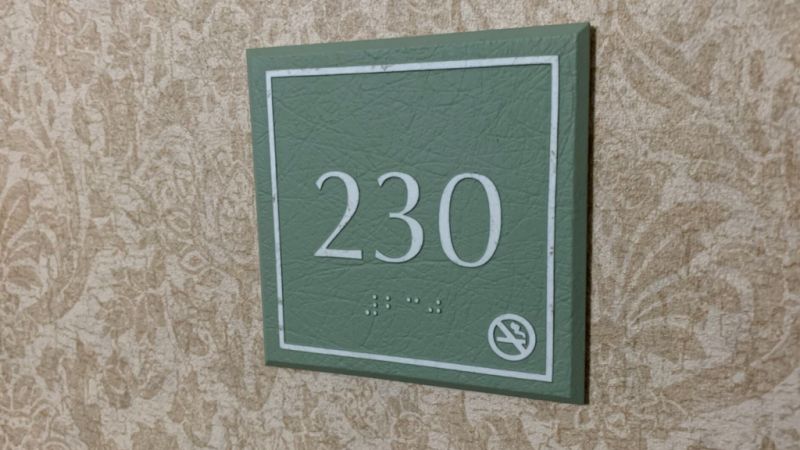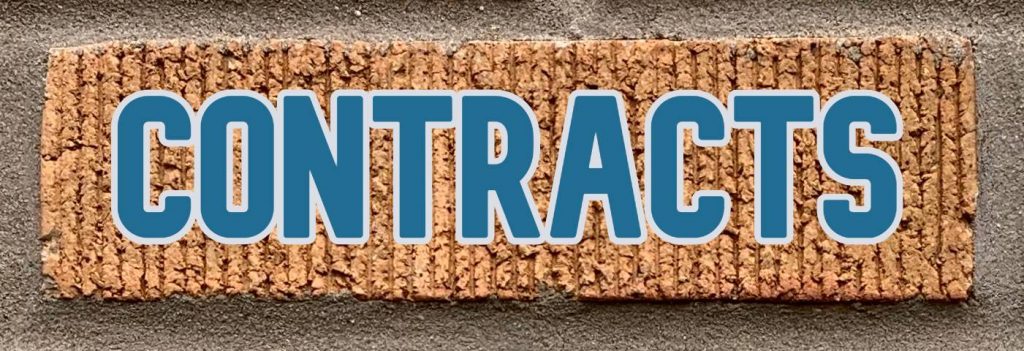Early action now on possible performance issues will “flatten the curve” of customer problems in the coming weeks and months.
Here are three things technology and software vendors can do right now to get ahead of problems that may appear (if they are not already) with services such as development, implementation and support:
- Check your contracts to see whether there are any “material assumptions” that have failed or will fail – perhaps because of some governmental action or unavailability of personnel.
- Consider whether a change order would be appropriate to redefine the scope of services, timing for performance, or the fees to be charged.
- See if any delay in your performance is excused on the basis of force majeure. If so, do you need to give notice to your customer that you are claiming force majeure?
Learn from IBM: Do what is required when there are failures of material assumptions.
In 2006, the State of Indiana signed a $1.3 billion contract with IBM to revamp the technology of the State’s welfare system. The economy went south in 2008. In the complicated breach of contract litigation that followed, IBM argued, among other things, that the economic downturn resulted in the failure of one of the material assumptions of the agreement. IBM urged the court to consider that failure of assumption when deciding whether IBM had materially breached its contract to develop and deploy the system.
The Indiana supreme court rejected IBM’s arguments. Why? Not because the economic downturn was not a failure of a material assumption. (It might have been.) Indeed, the contract specifically said that one of the parties’ material assumptions was that the economy would not take a downturn. But IBM did not do what the contract required in light of the downturn – it did not submit a change order request in response to the failure of the assumption, as the contract required.
Change orders anyway?
Even if your contract does not contain material assumptions, it may contain a procedure for procuring change orders. Parties include change order provisions so that they have an organized pathway for making changes to the scope, timing or pricing when circumstances – whether dramatic or trivial – change while the contract is being performed. Vendors should consider whether a simple change to the parties’ obligations can be made now to reduce bigger problems later. It is better for a ship to correct its course early in the journey rather than after many weary days at sea.
And from a practical, customer-focused perspective, the discussions around possible change orders gives a vendor the opportunity to communicate with its customer. This gives the vendor the chance to assure the customer that services are safe in the long run, and can work to build trust and goodwill that will be key in the further development and collaboration that is going to happen in the technology space once this COVID-19 episode has come to a close.
Force majeure notice – it is critically important
In the litigation against the state of Indiana, IBM also claimed that severe flooding in the state in 2008 was a force majeure event that excused IBM’s performance. Again, as with the argument for failure of material assumption, IBM did not do what it was required to do under the terms of the contract to avail itself of this excuse in performance.
The court found that force majeure did not apply because IBM did not give appropriate notice as required under the agreement. This highlights a critical takeaway – if a vendor sees an upcoming need to claim that it cannot perform due to some circumstance arising from causes outside its control, it is better to place the customer on notice of that fact sooner rather than later.
So, here are the key questions to ask right now:
- Has a material assumption failed? If so, what must I do?
- Would a request for change order be appropriate?
- What do I need to do before claiming force majeure?
Being proactive now, in the early stages of the COVID-19 crisis, will – just as in the epidemiological context – flatten the curve of problems later.
State of Indiana v. IBM Corp., 51 N.E.3d 150 (Ind. 2016)



